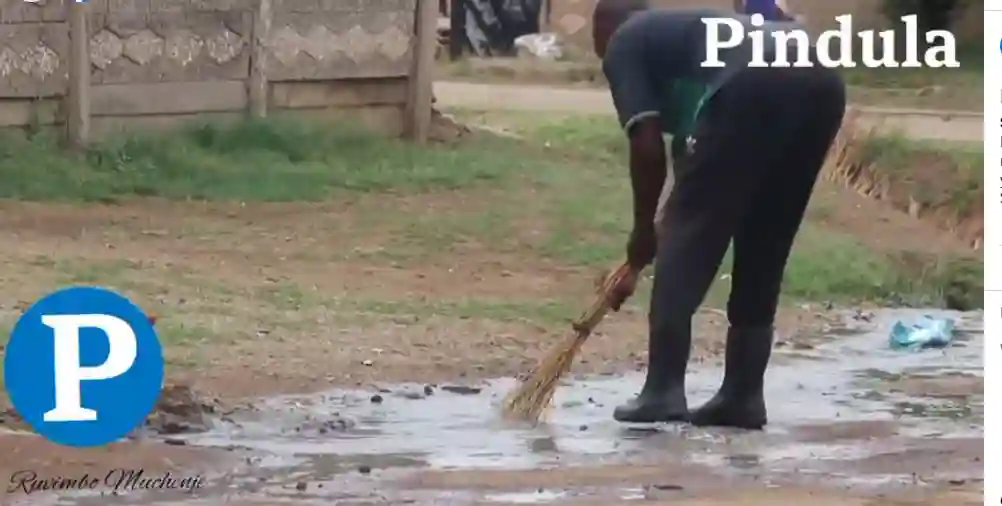Residents in Harare are threatening to protest due to the ongoing cholera outbreak. They believe that both the local and the central governments have not taken sufficient action to prevent the spread of the disease.
The Ministry of Health and Child Care (MoHCC) has reported that over 140 people have died and at least 7,000 people have been infected. The lack of access to clean water and poor sanitation have been identified as factors contributing to the spread of cholera. Harare has been particularly affected, with some suburbs experiencing water shortages for several years, months and or days. The Combined Harare Residents Association (CHRA) has expressed concern over the rapid spread of the disease. Speaking to NewsDay on the sidelines of the Accountability for Water and Environment Symposium jointly organised by CHRA and Network for Environmental and Climate Justice and Media Institute of Southern Africa (Zimbabwe), CHRA director Reuben Akili said:
As CHRA we are very concerned and worried over the situation in terms of water supply in local authority areas, regarding waste management and the management of natural infrastructure such as wetlands.
The challenge we have seen over time is the proliferation of unattended sewerage bursts in local authority areas.
Residents are saying if engagement fails, there is probably no other solution than for them to demonstrate, of course, peacefully as provided for in the Constitution. This is a constitutional issue.
CHRA is considering taking legal action against the City of Harare and relevant government departments in response to the ongoing cholera outbreak.
Hardlife Mudzingwa, the national coordinator of the Community Water Alliance, expressed concern that Zimbabwe was regressing into a time of medieval diseases. He called on the government and stakeholders to allocate sufficient funds for water and sanitation (WASH) programs, stating that access to clean and safe water was crucial in addressing cholera.
The government has been accused of contributing to the spread of the disease by not providing funds for water treatment. Harare’s mayor, Ian Makone, stated that the council had been waiting for funds from the treasury, highlighting that the government owed over ZW$25 billion for water and other services.

